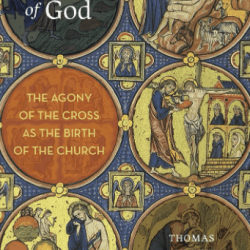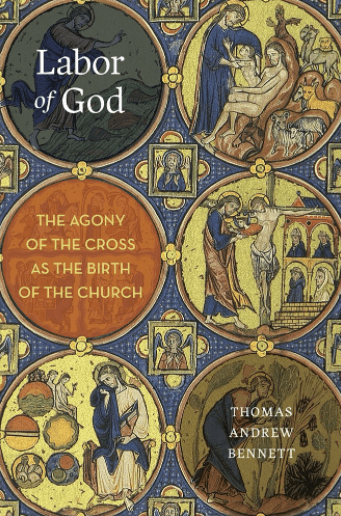This from Thomas Finger, A Contemporary Anabaptist Theology, 361-362, where we find one of Anabaptism’s finest theologians seeking to do justice to both the Anabaptist tradition (which he says was most centrally Christus Victor) and to the Bible, articulates his own view as follows:
What do you think of this explanation of atonement? Adequate? Sufficient? Need more?
Christus Victor conceives death as the inevitable consequence of transferring one’s ultimate allegiance from God, the source of life, to less powers who are likewise turned toward death. Since these powers are stronger than anyone, no one can avoid death on their own. Though death, or final separation from God, at bottom results from turning from the God, the powers, so to speak, actually administer it, or inflict this punishment.
Since Jesus walked the human path as God intended, he inevitably opposed the powers — but in the peaceful way consistent with it. The powers, however, ultimately operate by violence. Jesus, a true human who remained within human limitations, was weaker than they. Consequently, they inflicted violent death upon him. Because their punishment finalizes separation from God, Jesus experienced death in this sense. Did this accomplish something we could not do for ourselves?
Jesus passed alone through the horror of final separation from God, but he was raised to life by his Father through the Spirit. Consequently, when people joined to the risen Jesus are dying, this one who was crucified accompanies them. They are not abandoned to death but are finally raised to life. People under death’s dominion cannot do this for themselves.










